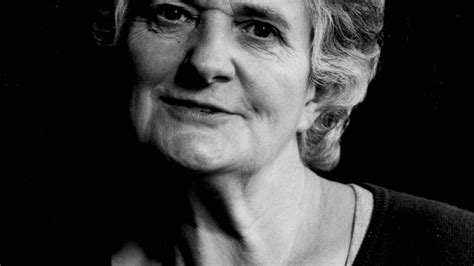A Quote by Ian Mcewan
Something is missing in our culture. We can't quite celebrate the scientific literary tradition.
Related Quotes
[If] we can celebrate that in a way that celebrates our love for New England as well as our love for the Italian culture as well as the American culture, then we've done something that's really good and supporting these fishermen who are doing the right thing in sustainability . . . paying attention to make sure we don't overfish our world.
What is literary tradition? What is a classic? What is a canonical view of tradition? How are canons of accepted classics formed,and how are they unformed? I think that all these quite traditional questions can take one simplistic but still dialectical question as their summing up: do we choose tradition or does it choose us, and why is it necessary that a choosing take place, or a being chosen? What happens if one tries to write, or to teach, or to think, or even to read without the sense of a tradition? Why, nothing at all happens, just nothing.
The nation as the horizon of an identity that you want to come into being as a fundamental absence of something that is compromised, something that needs to be rescued or made - these matters preoccupy the third world writer. It is seductive for a Marxist understanding of literary practice and production in the sense that it says that material culture determines literary output.
We must embrace our differences, even celebrate our diversity. We must glory in the fact that God created each of us as unique human beings. God created us different, but God did not create us for separation. God created us different that we might recognize our need for one another. We must reverence our uniqueness, reverence everything that makes us what we are: our language, our culture, our religious tradition.
It might be crazy to expect a high government official to speak the truth. It might be crazy to believe that government policy will be something more than the handmaiden of the most powerful interests. It might be crazy to argue that we should preserve a tradition that has been part of our tradition for most of our history -- free culture. If this is crazy, then let there be more crazies. Soon.
If our entertainment culture seems debased and unsatisfying, the hope is that our children will create something of greater worth.But it is as if we expect them to create out of nothing, like God, for the encouragement of creativity is in the popular mind, opposed to instruction. There is little sense that creativity must grow out of tradition, even when it is critical of that tradition, and children are scarcely being given the materials on which their creativity could work







































